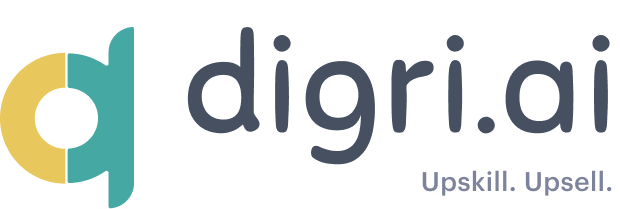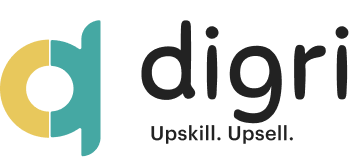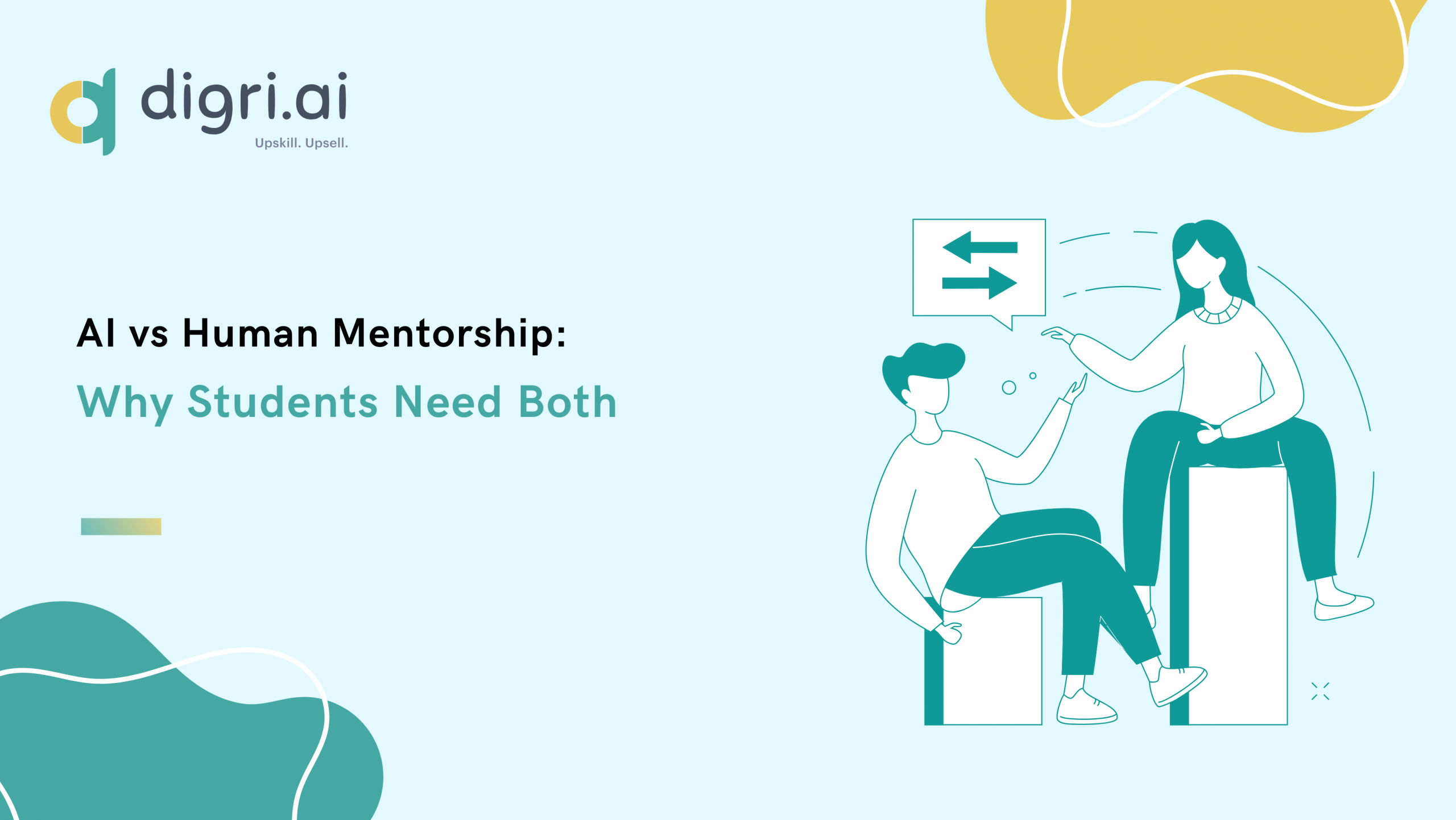In the evolving landscape of education and career development, mentorship remains a cornerstone of student success. Traditionally, mentorship has always been human-driven—teachers, professors, or industry experts guiding learners with their wisdom and experience. But with the rise of Artificial Intelligence (AI), mentorship has taken a new turn.
Today, students benefit from AI-powered platforms that provide real-time feedback, personalized learning paths, and performance insights. However, while AI is powerful, it cannot replace the human touch entirely. The reality is that students need both AI and human mentorship to thrive.
The Power of AI Mentorship
AI has transformed the way students learn and prepare for careers. Unlike traditional methods, AI-driven tools offer:
- Personalized learning → Adaptive systems that tailor content based on strengths and weaknesses.
- 24/7 availability → Guidance that doesn’t depend on a mentor’s schedule.
- Data-driven insights → Real-time performance tracking and predictive analytics.
- Scalability → Support for thousands of students at once, ensuring no one is left behind.
AI excels at measuring skills objectively and providing instant feedback—something human mentors often struggle to do at scale.
The Role of Human Mentorship
While AI is analytical, human mentors bring qualities that no machine can replicate:
- Empathy and emotional support → Understanding student struggles beyond academics.
- Industry wisdom → Sharing real-world experiences and career advice.
- Motivation and accountability → Inspiring students when they feel stuck or demotivated.
- Contextual guidance → Helping learners navigate complex career choices and life situations.
Human mentors add the emotional and cultural dimensions to learning, ensuring students feel supported, not just evaluated.
Why Students Need Both
The ideal mentorship model combines the strengths of AI and humans:
- AI handles scalability and precision, identifying skill gaps and tracking progress.
- Humans provide context and inspiration, shaping personal and professional growth.
For example, an AI platform might suggest that a student needs to improve in problem-solving skills. A human mentor can then explain why problem-solving matters in a real-world job interview, share personal stories, and offer encouragement.
The Future of Mentorship: AI + Human Collaboration
The future isn’t about choosing between AI or human mentorship—it’s about blending both. AI ensures efficiency, while human mentors ensure empathy. Together, they create a holistic ecosystem where students not only gain the skills needed for the job market but also develop resilience, confidence, and vision.
Call to Action:
At digri.ai, we believe mentorship should be both intelligent and human-centered. Our platform combines AI-powered assessments with the human touch of guidance, ensuring students are truly job-ready. If you’re an institution or student looking to experience this balance, let’s build the future of learning together.




